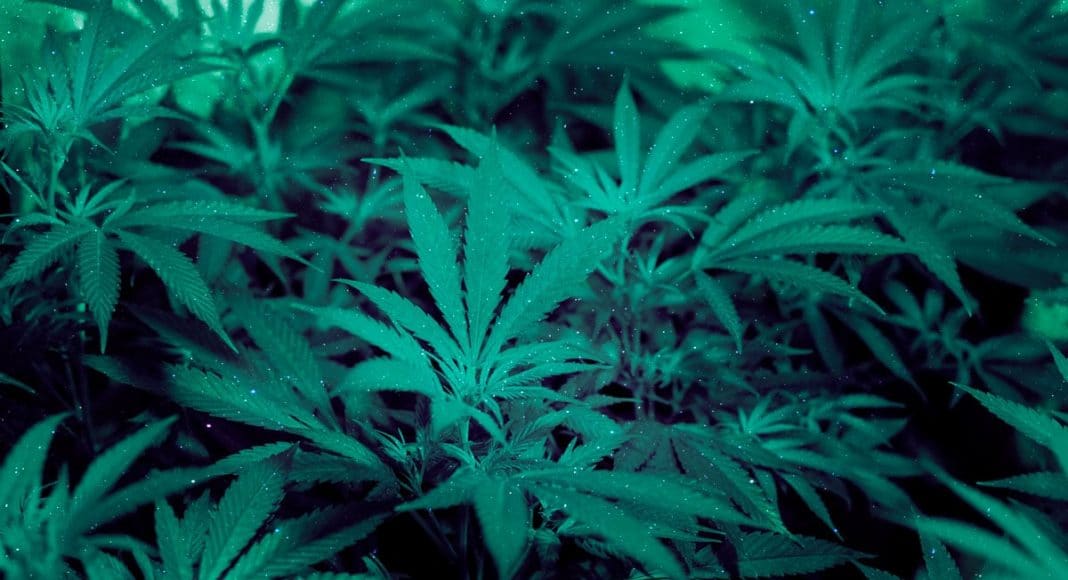Colorado and Washington became the first states to legalize cannabis for recreational use in 2012, since then, six others have followed suit, and more are sure to come. The legislation shift has been an economic boon. However, with all the positive results of legalization, we also regularly hear horror stories in the news about what happens when people mistakenly overindulge and end up in the emergency room.
The cannabis industry is still an entrepreneurial wild west. The testing is lacking, and the consumer base needs more options and more education on current consumption methods. You’d need biology PhD in physiology to properly understand the effects cannabis can have on the human body, as the effects vary substantially by consumption method, concentration and individual body chemistry.
-
Related Link: Is Cotton Mouth From Marijuana Use Actually Dangerous?
The Problem
The fact is, cannabinoids (the active compounds in marijuana) are not user friendly and their potency can vary widely depending on a multitude of unpredictable factors such as the cannabis strain plant genetics, the soil climate conditions, the cultivation techniques, et cetera.
Further, the delivery methods available today are inefficient. There is lots of room for improvement. As such there has been a significant leap in the number of people showing up to the emergency room for marijuana. In fact, the Rocky Mountain Poison and Drug Center reports a nearly 100 percent increase in marijuana-related calls following recreational legalization in the state.
Current Available Options
While there seem to be a plethora of delivery systems available on the market, they each have distinct drawbacks. Most notably, none of these methods provide a reliable dosage for use.
Inhalation: This may be the most popular or standard method of use. Smoking, vaping or using aerosols are somewhat faster acting and easier to control than other options, but inhalation can significantly irritate the lungs and is unappealing to many cannabis users. Plus, many vaporizers cartridges contain toxic chemical additives.
-
Related Link: Marijuana 101: A Simple Guide To Smoking Your First Bowl
Intra-Oral: Spray tinctures, extracts, emulsion compositions, and drops can be administered to the oral mucosa (the membrane lining the mouth), but cannabinoid molecules are too large to pass though the mucosal layers into the bloodstream. Saliva carries them down your throat. So they work like ingesting an edible.
Oral: Finally, oral ingestion through the gastro-intestinal tract is the delivery method that is largely responsible for the notorious cannabis ‘over-doses’ and 9-1-1 calls. While the brownies, candies, and THC infused beverages are highly appealing upon first glance, they are wildly unpredictable due to cannabinoids’ low solubility and slow passage though the GI tract. The delay of onset makes it difficult to ingest the correct amount and their THC forms the highly potent psychotropic THC metabolite that creates greater tendency for adverse effects without warning.
A Better Delivery System
The answer to this problem is more research and further innovation such as delivery systems that provide greater bioavailability, increased bioactivity and precision dosing for a more predictable, controlled cannabis experience.
As more states legalize both recreational and medical marijuana, the danger to unknowing consumers will spread. It will be imperative to offer more products that enable the cannabinoids to enter the bloodstream quickly, rapidly peak in concentration and target Endocannabinoid System receptors to ensure a safe, controlled user experience.
In a market projected to reach $22 billion in sales by 2020, there is a huge opportunity for businesses to focus on pushing the innovation envelope to provide a better method of cannabis delivery to the growing cannabis user base. We all just need to make sure responsibility and testing goes hand-in-hand with the innovation.
About David Sutton
David Sutton is the chief operating officer at Denver-based NanoSphere Health Sciences. Throughout his career, Sutton has transformed concepts into profitable businesses – from nanotechnology to financial services. Sutton’s focus has been business design and strategy, assisting several start-up companies in business planning, capital development, operating infrastructures and product development. Sutton received his MBA in finance from the Daniels College of Business at the University of Denver and has a bachelor’s degree in economics from the University of Colorado.


